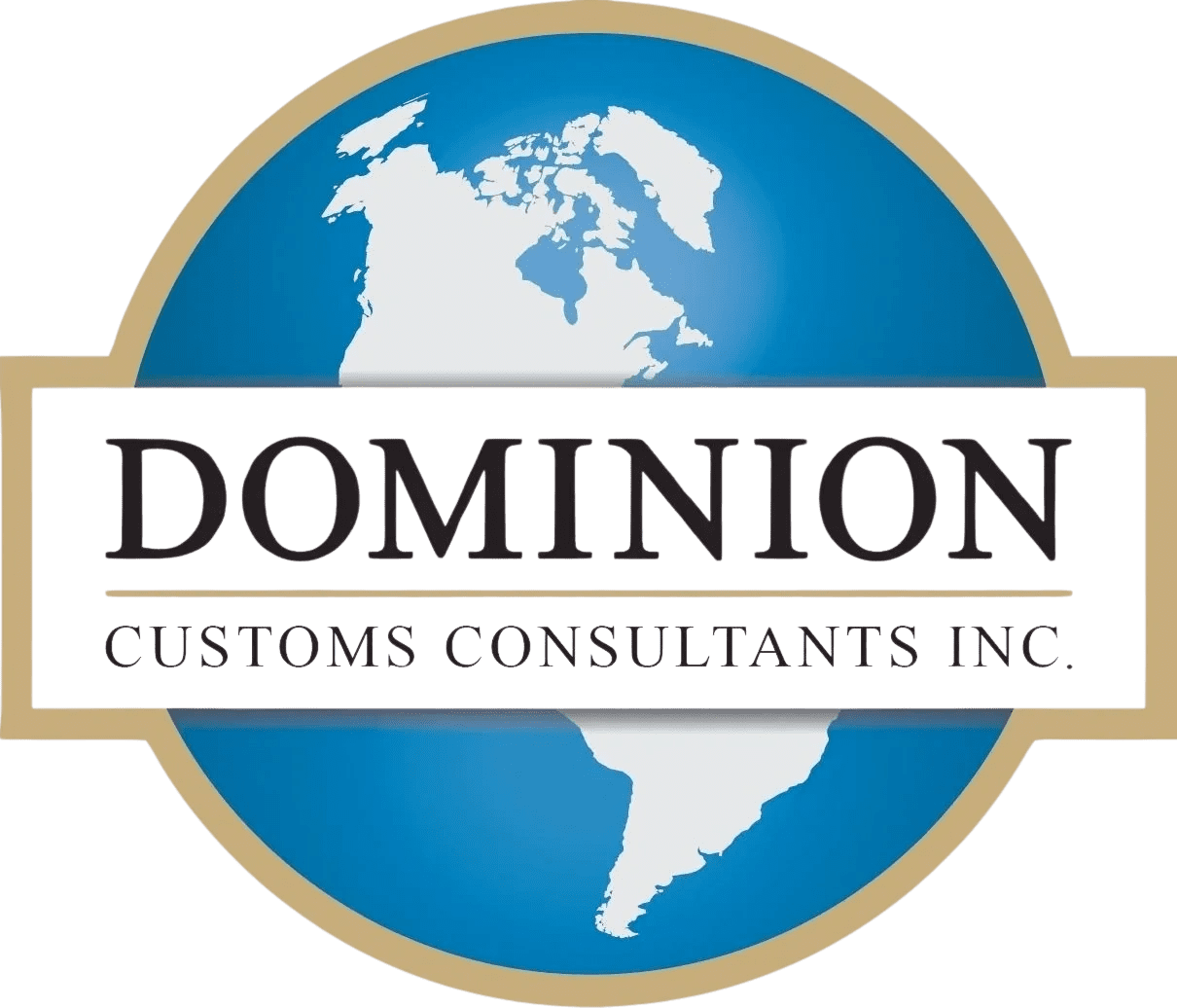Importing into the USA: Tariff Due Diligence Suggestions
Due to the implementation of U.S. Tariffs, Organizations are currently investing significant time and resources to identify strategies for minimizing their financial burden.
Most organizations are following a very similar approach:
- Is alternative sourcing possible from countries not affected by U.S. Tariffs?
- Can my product’s H.S. Classification be modified to avoid tariff categories?
- Is it feasible to modify product specifications, or the H.S. Classification to eliminate tariff applicability?
- Can product origin be restructured to bypass U.S. Tariff requirements?
- Are there ways to adjust the valuation of the product to reduce the overall tariff impact?
What else can be done?
After these options have been thoroughly exhausted, what additional measures can businesses take to reduce the tariff impact, while ensuring compliance requirements are met?
The following strategies could help to further reduce the negative impact of these U.S. tariffs on your business:
Develop a 90-day rolling forecast for U.S. customs clearance shipments
- Establishing this timeline will give you transparent oversight of items that need U.S. Customs declaration ahead of time, enabling your team to conduct necessary reviews for accurate value reporting under each applicable U.S. Tariff Classification
- This forecast requires monthly updates to reflect any modifications in ordering and shipping arrangements
- The timeline should include detailed cargo data at individual product/SKU levels
- This data can subsequently be evaluated to understand how different U.S. Tariff schemes affect your shipments
Establish a comprehensive Database for Steel & Aluminum Valuation Derivatives
- Expanding upon the initial suggestion, establishing a dedicated Derivatives database for Steel and Aluminum products will streamline your operations and provide essential documentation for potential future customs audits
- Although different U.S. Tariff schemes have distinct criteria, one common thread across all programs is that importers bear responsibility for accurate reporting of derivative values to the U.S. government
- Consequently, it is essential for importers to implement a robust system for gathering, evaluating, and submitting these values in a compliant manner
Design a systematic Derivatives Valuation Framework for Reporting and Compliance
- Determining, accurately computing, and promptly submitting derivative valuation adjustments, stands as the most intricate & labor-intensive obligation for businesses affected by the various U.S. Tariffs
- For every qualifying product outside H.S. Classification Chapters 73 & 76 impacted by the Steel and Aluminum derivative tariff, importers should develop a process to calculate and maintain these amounts
Develop standardized Supplier Communication Templates focused on Product Derivatives Documentation & Compliance
- A standardized form should be implemented when depending on suppliers, or third parties to furnish Bills of Material and/or written valuation declarations to meet the derivatives section tariff requirements
- Multiple internal departments should collaborate together to ensure prompt supplier/third party responses. These departments could include; Procurement, Supply Chain, Finance, Risk & Control, and/or Legal
Draft and implement a Tariff-Specific Supplement to existing supplier agreements
- Many businesses face the cumulative impact of various U.S. tariff initiatives, which can add 30-60% in extra duties per item
- This financial burden can prove catastrophic for organizations
- Further intensifying their fiscal challenges is the heightened operational overhead that companies must bear, by utilizing their scarce resources to oversee new procedures established to meet the documentation and verification requirements of these U.S. tariffs
- Given these circumstances, companies are advised to evaluate their current Supplier Contracts and consider incorporating provisions that will address a number of tariff related elements,including but not limited to; providing a clear definition of tariffs, and establishing explicit supplier responsibilities for all information provided
Should you or your organization have any follow up questions, or require assistance, please do not hesitate to contact your Dominion representative, or feel free to send us an email to the following address:
